+86 571 8659 2517
+86 180 5841 8258
info@zmuni.com

On June 24,2025, China's National Institutes for Food and Drug Control (NIFDC) has released nine draft cosmetic standards for public consultation. These include the General Principles for Physicochemical Testing Methods, among others, and aim to further improving the cosmetic technical standards. The public consultation period will remain open until July 15, 2025. Detailed standards as follows: General Principles for Physicochemical Testing Methods (Draft fot Comment) Determination of Cannabidiol (CBD) and Other 5 kinds of Components in Cosmetics (Draft fot Comment) Skin Sensitization: Local Lymph Node Assay: BrdU-Flow Cytometry Method(LLNA:BrdU-FCM)(Draft fot Comment) Toxicokinetics (Draft fot Comment) General Technical
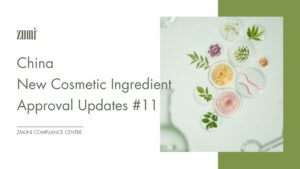
From June 13 to June 20, 2025, 8 new cosmetic ingredients were notified with the China National Medical Products Administration (NMPA). The technical requirements for the 8 new cosmetic ingredients mentioned above have not been disclosed, and they have not yet entered the safety monitoring period. Two NCI Notified by Foreign Companies Notification 20250070 This ingredient is submitted by NeoPharm Co., Ltd., a South Korean company established in 2000. The company has long been dedicated to research and product development in the field of skin barrier health, focusing on common concerns such as dry and sensitive skin by providing science-based

China is a global pioneer in the industrialization of recombinant collagen, leading in large-scale production and commercial application. With advantages in safety, functionality, and sustainability, recombinant collagen is gaining wider adoption across medical aesthetics, cosmetics, and functional nutrition. This article provides an overview of the regulatory requirements for recombinant collagen in China, focusing on its use in both the cosmetic and food sectors. 1. Definition of Recombinant Collagen in China In China, Recombinant collagen's applications are primarily focused in the medical aesthetics industry. The National Medical Products Administration (NMPA) of China has issued guidelines including the Naming Guidelines

On June 10, 2025, China's State Administration for Market Regulation (SAMR), in collaboration with the Cyberspace Administration of China (CAC), released the draft Administrative Measures for Supervision of Live-Stream E-commerce for public comment. The proposed regulation aims to further standardize market order, protect the legitimate rights and interests of all stakeholders, and promote the healthy development of the live-stream e-commerce sector. Comments are welcomed until July 10, 2025. The key provisions of the draft regulation are as follows: Refining the responsibilities and obligations of live-stream e-commerce platform operators. Clarifying the duties of livestream room operators, service agencies for livestream marketing
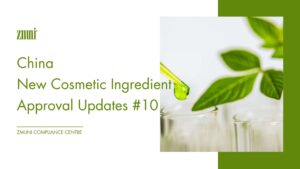
From May 29 to June 12, 2025, 5 new cosmetic ingredients were notified with the China National Medical Products Administration (NMPA). The technical requirements for the 5 new cosmetic ingredients mentioned above have not been disclosed, and they have not yet entered the safety monitoring period. Botanee Group Among the five newly notified new cosmetic ingredients included in this issue, three botanical ingredients were submitted by Botanee Group, with notification numbers 20250065, 20250066, and 20250068. PAEONIA DELAVAYI is a highland flower native to Southwest China, known for its significant medicinal value. Paeonia delavayi seed oil is intended for use
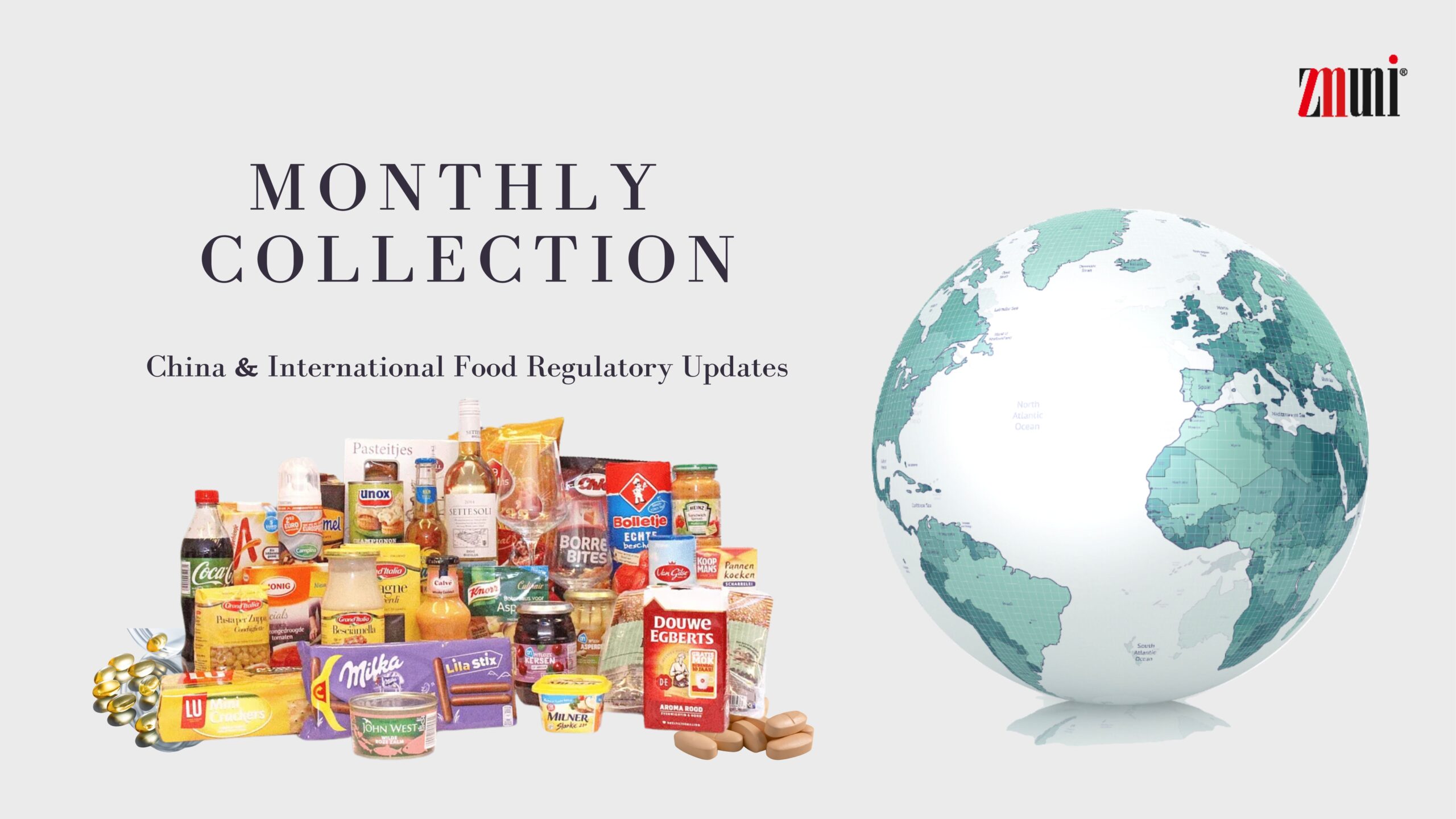
This article provides a comprehensive overview of key regulatory developments in the food sector in May 2025, both in China and internationally. It focuses on updates related to new food ingredients, food additives, health foods, and feed, aiming to offer timely and in-depth regulatory alerts for enterprises engaged in food import and export. China Food Regulatory Updates Three New Food On May 7, 2025, the China National Health Commission (NHC) released a notice approving 11 substances as Three New Foods, including tow new food ingredients, 6 new food additives and 3 food-related products. See previous report. On May
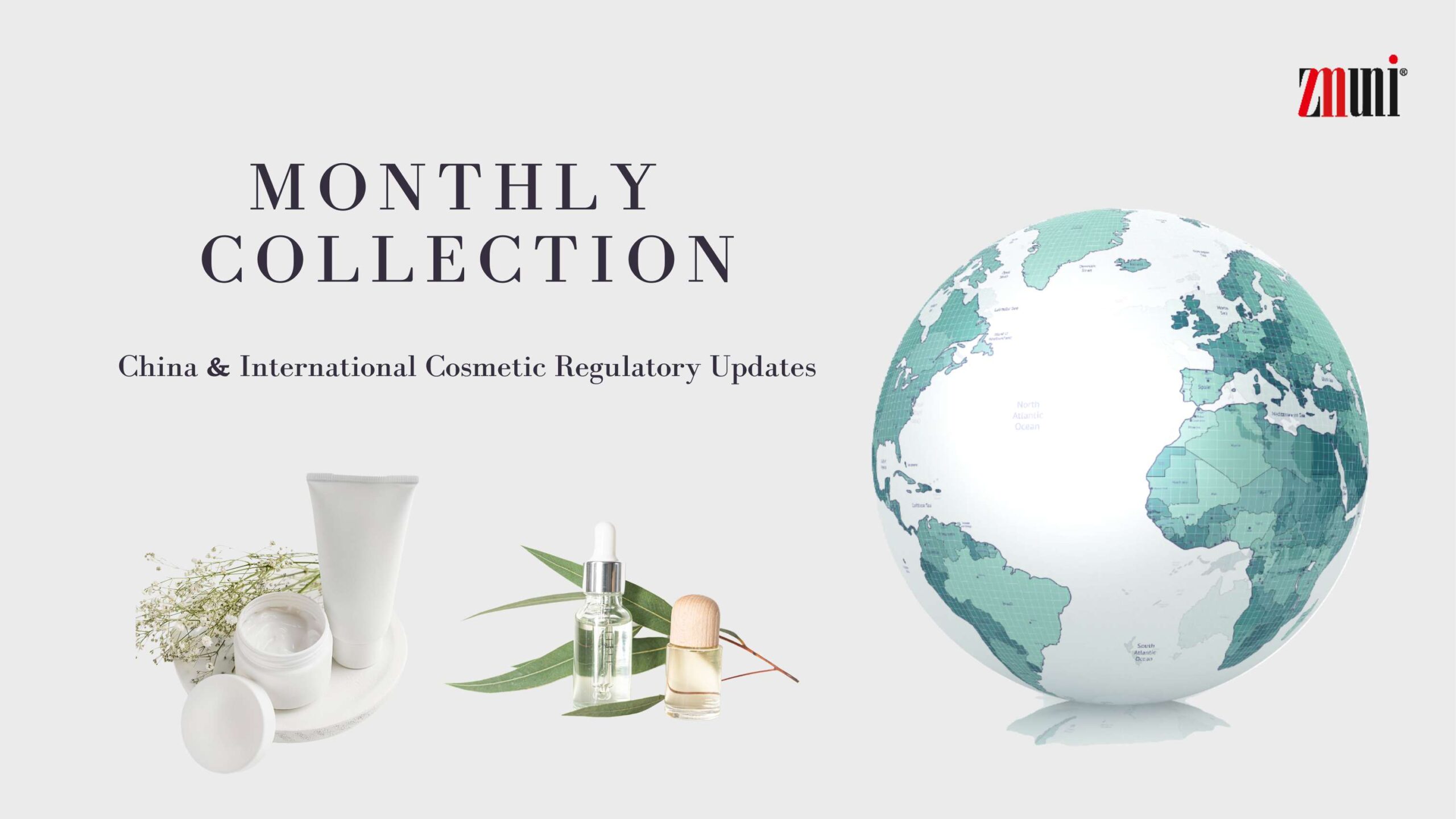
The global cosmetics regulatory environment continues to evolve. To help businesses stay updated with regulatory changes, ZMUni Compliance Center regularly releases a monthly recap of global cosmetics regulations. This article covers the regulatory developments related to cosmetics within China and globally in May 2025, with an emphasis on updates in cosmetic ingredients, cosmetic management, and halal certification, among others. China Cosmetic Regulatory Updates New Cosmetics Ingredients (NCI) Notification In May 2025, 20 new cosmetic ingredients were notified with the China National Medical Products Administration (NMPA). They include: The technical requirements for the 20 new cosmetic ingredients mentioned above have not
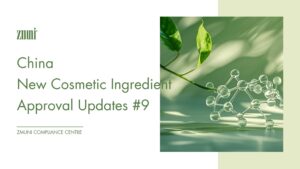
Since the start of 2025, China has seen a notable surge in new cosmetic ingredient (NCI) filings/notifications. A total of 63 NCIs have been notified so far this year — with 17 announced since May alone. In under six months, the number of notifications has already surpassed two-thirds of the total 90 recorded in all of 2024. From May 21 to 28, 2025, 11 new cosmetic ingredients were notified with the China National Medical Products Administration (NMPA). They include a variety of types, such as plant extracts, peptides, amino acids, ginsenosides and animal-derived ingredients. The technical requirements for the 11 new cosmetic ingredients mentioned
+86 571 8659 2517
+86 180 5841 8258
info@zmuni.com